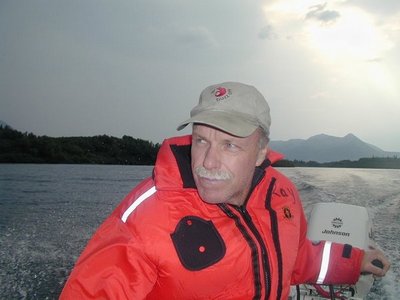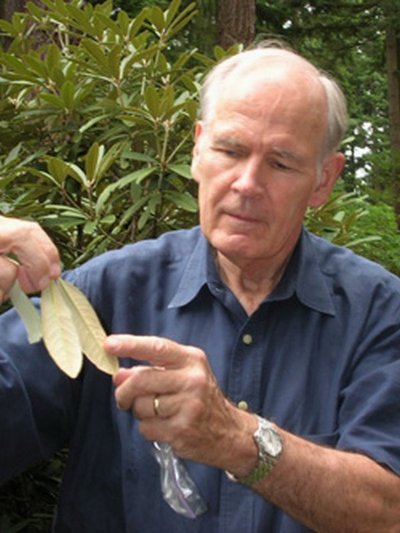April 22, 2010
Academy of Arts and Sciences names pioneers in genetics, fisheries as fellows
A UW faculty member whose inventions led to the use of yeast cells to make pharmaceutically important proteins and another professor who studies human impacts on world fisheries and the global ocean environment have been named fellows by the American Academy of Arts and Sciences.
Benjamin Hall, professor emeritus of genomic sciences and biology, and Ray Hilborn, professor of aquatic and fishery sciences, are among the 229 leaders in sciences, social sciences, the humanities, the arts, business and public affairs elected to the academy this year, according to an academy news release.
Hall, a UW faculty member since 1963, developed a method for producing genetically engineered proteins in yeast. He and his collaborators then used the yeast invention to produce the coat protein of human hepatitis B virus in yeast cells, the basis for a vaccine now used worldwide. The patented invention for expression of proteins in yeast has been licensed by the manufacturers of human insulin (Novo-Nordisk), Gardasil (Mereck) and of other proteins, returning substantial royalty revenue to the UW.
Since 1994 Hall has been interested in molecular evolution, studying the evolutionary history of fungi as well as the northern hemisphere dispersal and evolutionary tree of the 1,000 species in genus Rhododendron. Hall is a graduate of the University of Kansas and received his doctorate in chemistry from Harvard.
Hilborn, a professor of aquatic and fishery sciences, has been with the UW since 1987. His research encompasses the management of world fisheries, especially Pacific salmon, and wildlife management with a long-term project tin Serengeti National Park. He says his overriding interest is in trying to make natural resource management biologically, socially and economically sustainable. To that end, he says that most fisheries have failed to deliver anywhere near their potential benefits but that many fisheries have achieved biological and economic stability. Hilborn says we should look at the fisheries that are successful and emulate the approaches that have led to sustainability. His bachelor’s is from Grinnell College, Iowa, and his doctorate from the University of British Columbia.
The academy (http://www.amacad.org/) will induct the new class of fellows at a ceremony Oct. 9 in Cambridge, Mass.




